
Selected reviews about elderly care communities
Selected reviews about elderly care communities offer valuable insights into the experiences of residents and their families. These reviews can highlight the strengths and weaknesses of different communities, helping you make an informed decision when choosing the right care for your loved one.

Caregivers Can Be Each Other’s Best Friend
Caregivers often face emotional and physical challenges, making connections with fellow caregivers vital. Sharing experiences and offering support can create strong bonds, fostering understanding and resilience. These friendships provide a safe space for sharing struggles, celebrating successes, and finding comfort in knowing they are not alone in their journey.

What is the legality of renting out mother-in-law's home?
Renting out a mother-in-law's home depends on local zoning laws, property regulations, and any existing lease agreements. Homeowners should ensure compliance with ordinances, obtain necessary permits, and consider any homeowners' association rules. Additionally, it’s important to clarify ownership and rental agreements to avoid legal complications.

I’m concerned with the elderly!
I’m concerned with the elderly highlights the importance of understanding and addressing the unique challenges faced by older adults. It emphasizes the need for compassion, support, and resources to promote their well-being. By fostering awareness and community involvement, we can enhance their quality of life and ensure they feel valued and respected.
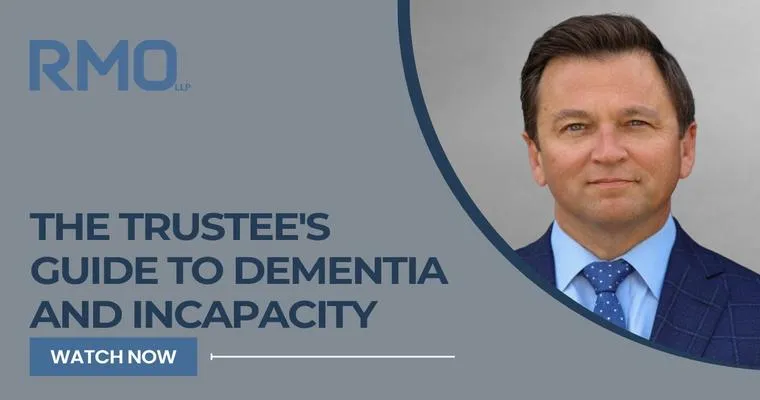
Can a sibling create a Living Trust when my mom has been diagnosed with dementia altering the TOD that was in place for years?
A sibling may attempt to create a Living Trust for a parent diagnosed with dementia, but legal capacity is essential. If your mom cannot understand or make decisions regarding her assets, the existing Transfer on Death (TOD) designation might be challenged, potentially resulting in complications for estate management.
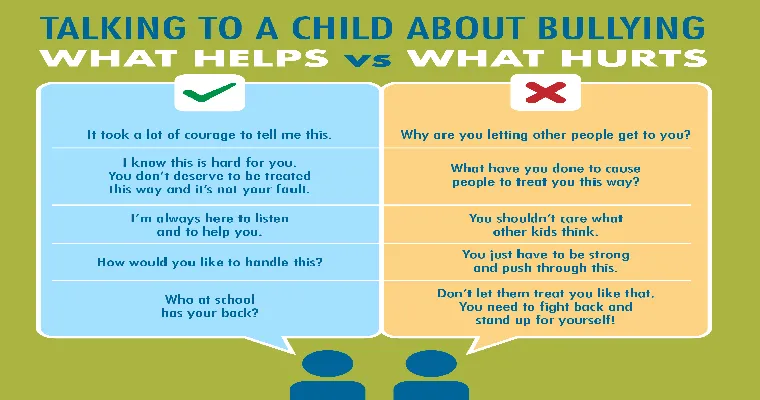
Gossip, mobbing, and hostility: what would you do?
Gossip, mobbing, and hostility create toxic environments that harm individuals and teams. Addressing such issues requires fostering open communication, promoting empathy, and encouraging a culture of respect. By identifying behaviors, supporting affected individuals, and implementing clear policies, organizations can mitigate these negative dynamics and cultivate a healthier workplace atmosphere.

After moving my mother to live closer to me, my husband and I have been given a job opportunity that is not local. What should we do?
After relocating my mother to be nearer to us, my husband and I are faced with a job opportunity that requires us to move again. We must weigh the potential benefits of this job against the emotional and logistical challenges of relocating while ensuring my mother's well-being.
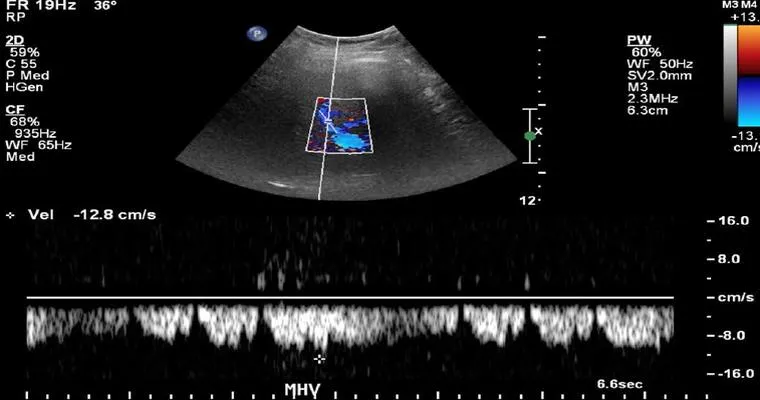
Hepatofugal flow.
Hepatofugal flow refers to the movement of blood away from the liver, typically observed in conditions like portal hypertension. This abnormal blood flow can lead to various complications, as it disrupts the normal hepatic circulation, affecting liver function and potentially causing systemic health issues. It contrasts with the normal hepatopetal flow towards the liver.

Update on liver Dr. appointment.
The recent liver doctor appointment provided valuable insights into my condition. The physician reviewed my test results and discussed potential treatment options moving forward. Recommendations for lifestyle changes were also given to support liver health. Overall, I feel more informed and optimistic about managing my health in the future.
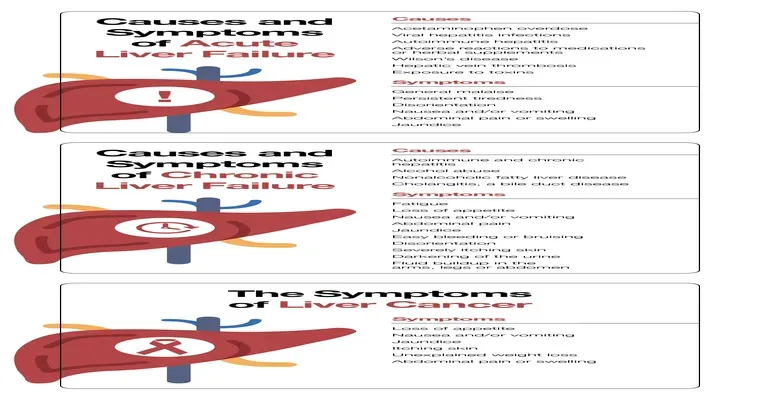
How long are the final days of end stage liver disease?
The final days of end-stage liver disease can vary significantly among individuals, often lasting from a few days to several weeks. Symptoms may include severe jaundice, confusion, and ascites. As the body begins to shut down, patients may enter a state of diminished consciousness, requiring compassionate care and support.

Need help for 55 year old alcoholic.
A 55-year-old individual struggling with alcoholism requires compassionate support and guidance. It's important to explore treatment options, such as therapy, support groups, and rehabilitation programs. Building a strong support network and fostering open communication can aid in their recovery journey, promoting healthier coping mechanisms and improving overall well-being.

Mom has liver cirrhosis, she is unbearable. Feeling stuck.
Caring for a mother with liver cirrhosis has become overwhelming and emotionally draining. Her constant needs and unpredictable behavior leave me feeling trapped and exhausted. I struggle to balance my own feelings while providing support, grappling with the weight of her illness and the impact it has on our relationship.

What should I do?
When faced with uncertainty, take a moment to pause and reflect. Consider your options, weigh the pros and cons, and seek advice from trusted sources. Prioritize your values and goals, and trust your instincts. Taking small, deliberate steps can lead to clarity and confidence in your decision-making process.
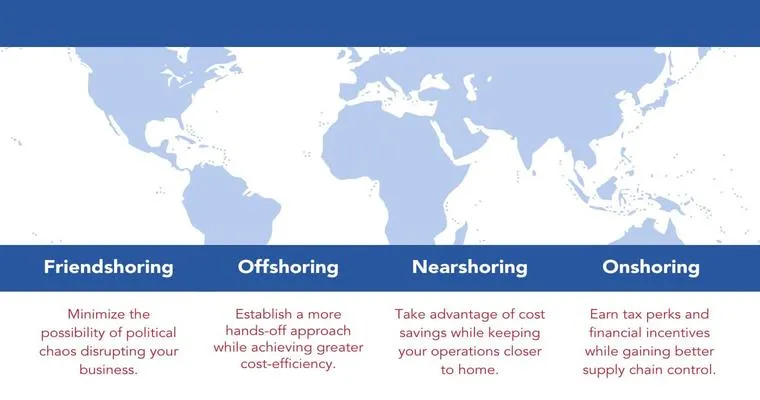
OutSourcing/OnShore Sourcing/NearSourcing/OffSourcing/MultiSourcing. CHEAP. Who's hurt?
Outsourcing involves delegating tasks to external companies, often abroad, to reduce costs. Onshore sourcing keeps jobs within the same country, while near-sourcing balances local and foreign resources. Offshoring fully relocates operations overseas. Multi-sourcing diversifies suppliers. While companies save money, domestic workers may suffer job losses and wage stagnation.

Dad with Lewy Body is starting to refuse medication.
Dad, diagnosed with Lewy Body dementia, is increasingly resistant to taking his medication. His confusion and fluctuations in awareness make it difficult for him to understand the importance of treatment. This growing refusal raises concerns about his health and well-being, prompting the family to seek alternative strategies for his care.

Is this a sign her LBD is progressing? How do I handle this?
Concerns about a loved one's LBD progression can be distressing. Signs may include changes in behavior, cognition, or physical abilities. It's essential to communicate openly, seek professional guidance, and ensure a supportive environment. Understanding and patience are key as you navigate this challenging journey together.

Trying to navigate the hardest time of my life.
In the midst of overwhelming challenges, I find myself grappling with uncertainty and heartache. Each day feels heavy, yet I strive to hold onto hope and resilience. Through the darkness, I seek moments of clarity and strength, learning to embrace vulnerability as I navigate this difficult journey toward healing and understanding.
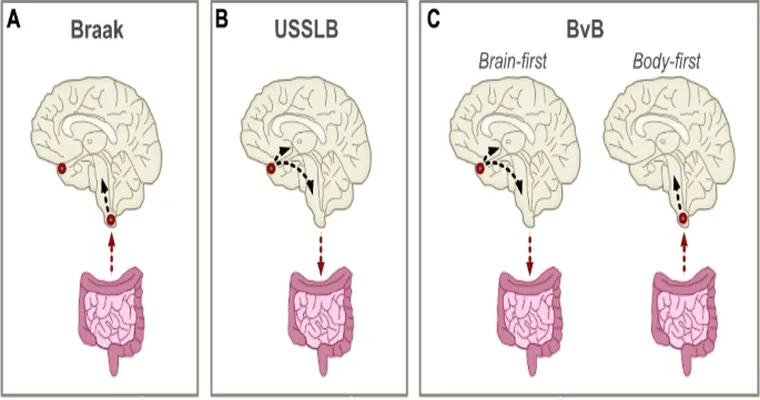
How fast does lewy body progress?
Lewy body dementia progresses at varying rates among individuals, typically over several years. Initial symptoms may include visual hallucinations and fluctuating cognition, followed by motor difficulties similar to Parkinson's disease. The progression can be unpredictable, with some experiencing rapid decline while others may have a more gradual deterioration.

My 85-year-old mother has had some very realistic dreams. I’m tired of the medical Drs as all they do is fill scripts.
My 85-year-old mother experiences vivid, realistic dreams that leave us both curious and concerned. Frustrated with medical professionals who focus solely on prescribing medication, I seek alternative insights to understand her dream experiences better and explore their possible meanings, hoping to find a more compassionate approach to her well-being.

Just need support from some friendly voices...
In times of uncertainty, seeking comfort from kind and understanding voices can make a world of difference. Whether through a casual chat or heartfelt encouragement, the presence of supportive individuals helps to ease burdens and fosters a sense of connection, reminding us that we are never truly alone in our struggles.
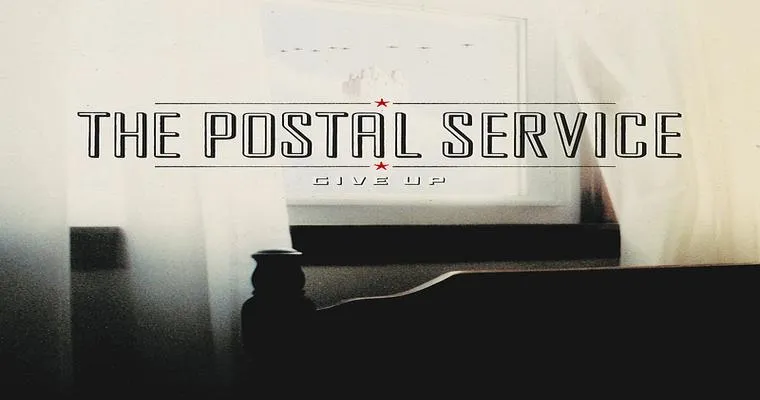
I’ve officially reached the “I give up” stage.
Reaching the "I give up" stage signifies a moment of profound frustration and exhaustion, where persistence feels futile. It's a crossroads of surrender, often fueled by overwhelming challenges or repeated setbacks. At this juncture, one may find clarity in letting go, allowing for reflection and the possibility of new beginnings.
Page 49 of 134